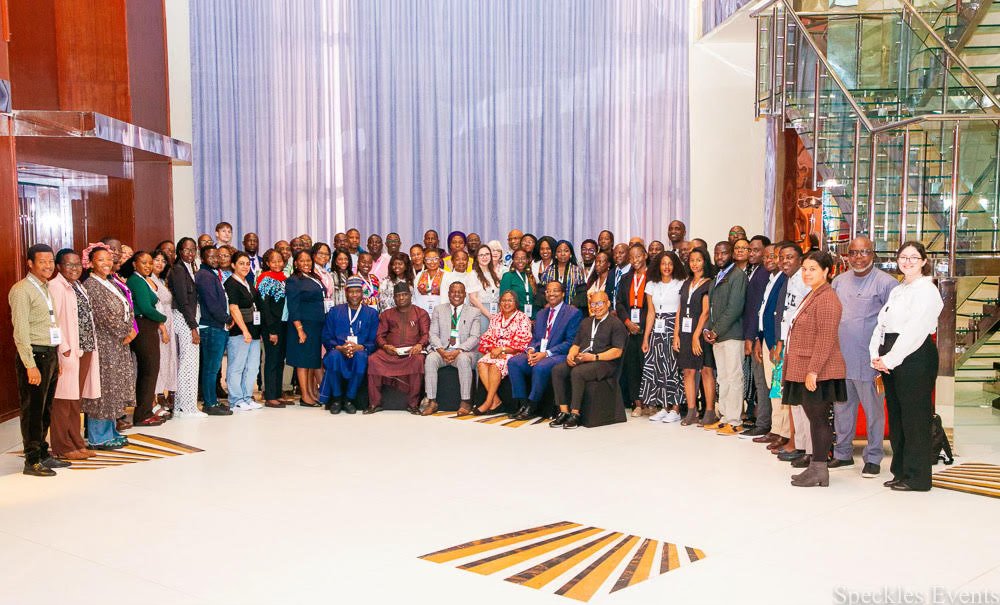Mauritius hosts pan-African research workshop to boost social science and innovation

Mauritius has welcomed over 50 scholars from across the continent for a landmark four-day workshop aimed at strengthening research capacity and collaboration in Africa’s social science landscape.
Held at the Hennessy Park Hotel in Ebene, the workshop focuses on advanced research methodologies under the African Peacebuilding Network (APN) and Next Generation Social Science in Africa programmes.
The initiative is a collaboration between the University of Mauritius (UOM) and the U.S.-based Social Science Research Council (SSRC), designed to deepen academic networks and elevate the quality of African scholarship.
At the official opening ceremony, Mauritius’ Minister of Tertiary Education and Scientific Research, Dr Kaviraj Sharma Sukon, emphasized the importance of research in shaping public policy.
“The government has allocated Rs 200 million in the 2025–2026 national budget to support innovative research,” he announced, encouraging participants to embrace rigorous methodologies and modern technologies like Artificial Intelligence in data collection and analysis.
Dr Sukon further highlighted that forthcoming reforms would streamline academic publishing processes in Mauritius.
“We aim to raise the country’s research visibility and improve our Global Innovation Index ranking,” he said, affirming the government’s commitment to enhancing the nation’s academic profile.
Professor Sanjeev Sobhee, Vice-Chancellor of the University of Mauritius, underscored the need for greater investment in youth-led research initiatives.
“Africa’s future depends on our capacity to train, empower, and retain our brightest minds,” he told delegates, calling for an academic ecosystem that nurtures innovation and problem-solving among the next generation.
The APN and Next Gen programmes have played a pivotal role in fostering cross-border collaboration among African researchers, especially in fields linked to peacebuilding, governance, and sustainable development.
With a strong emphasis on interdisciplinary dialogue and practical impact, the workshop marks a significant step in redefining Africa’s research agenda for the years ahead.
About The Author
dailymailafric
I am an avid African news observer, and an active member of Daily Mail Africa.
I’m Passionate about staying informed on diverse topics across the continent,
I actively contribute to publishing on political, economic and cultural developments in Africa.



